Dial into the Boring Phone and more smartphone alternatives
From the deliberately dull new Boring Phone to Honor’s latest hook-up with Porsche, a host of new devices that do the phone thing slightly differently
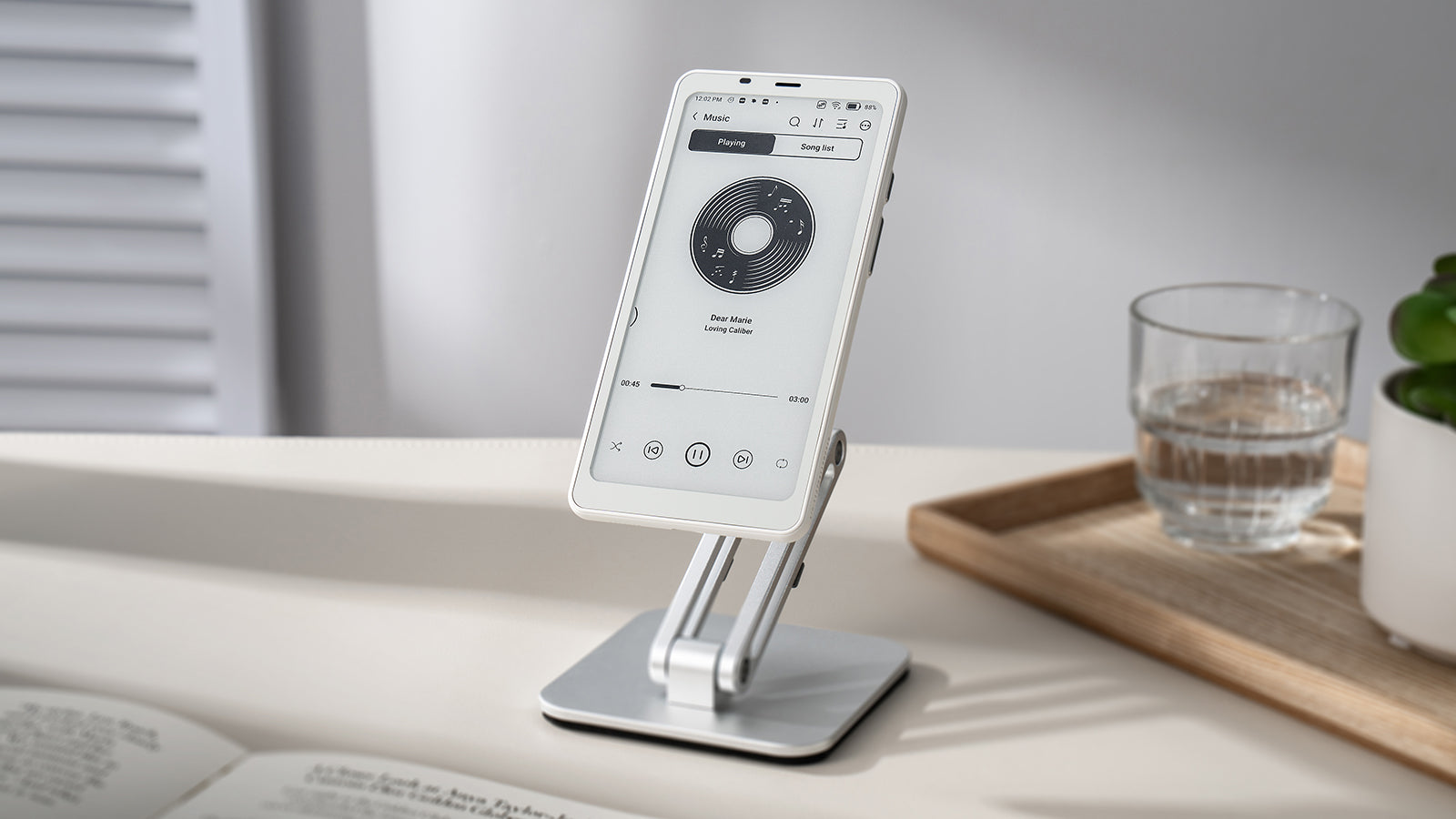
The era of one phone to rule them all is coming to an end. The new mood is to pick a handset that best suits your daily needs, whether it’s an intensively focused camera system, a black and white screen or a stylish sports car-inspired design. Here’s a selection of seven new devices from the ultra high-tech to a beer-branded ‘dumb phone’, with a host of other smartphone alternatives in between.
Seven alternatives to the smartphone status quo
1. Porsche Design Honor Magic6 RSR
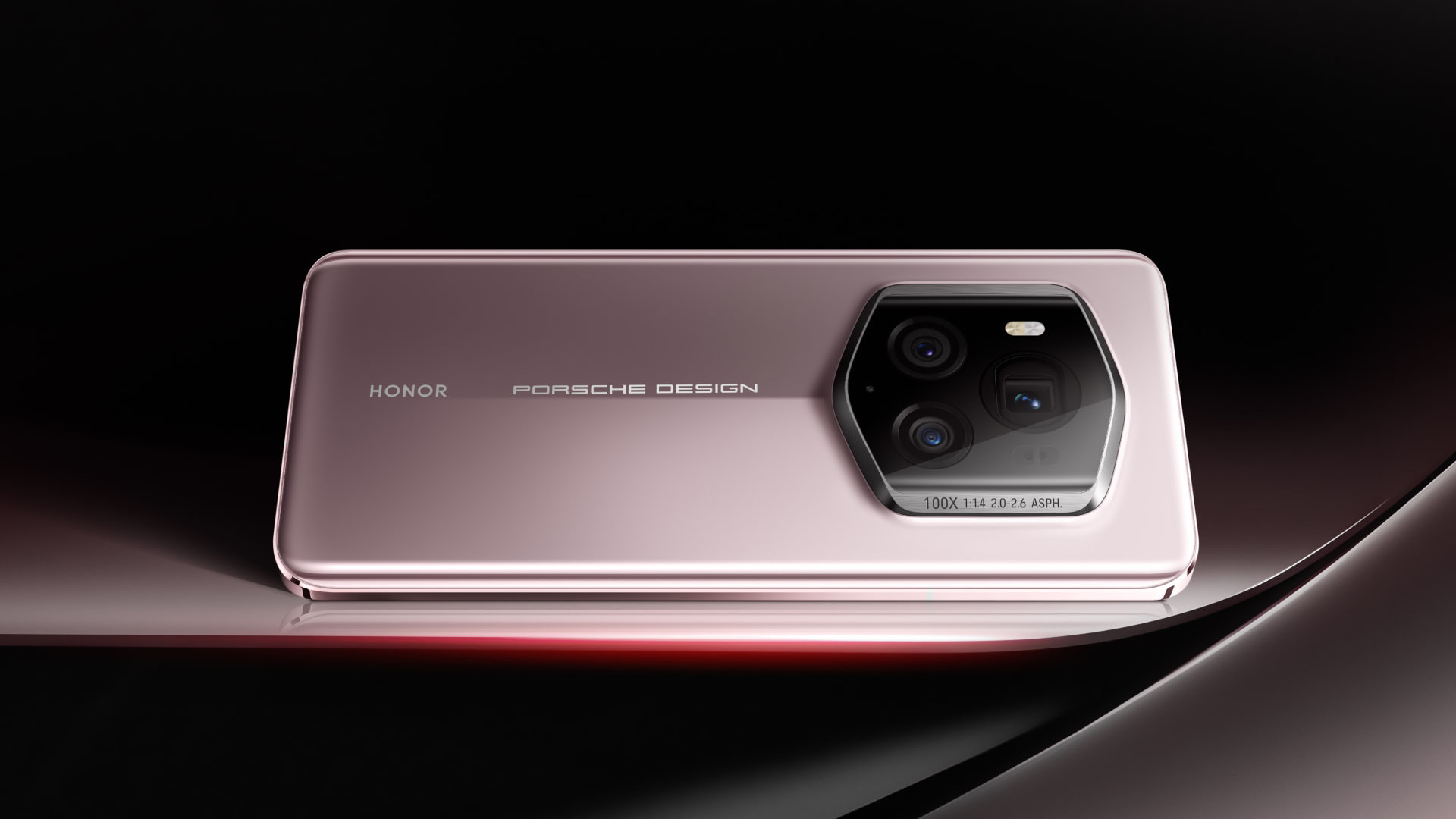
Porsche Design Honor Magic6 RSR
A companion to Honor’s recently launched Magic V2 RSR folding phone, the Porsche Design Honor Magic6 RSR is the conventional alternative. An elegant extension of the Chinese brand’s Magic line of premium smartphones, the Magic6 RSR continues the auto-influenced styling trend of its sister phone, resplendent in a Frozen Berry metallic finish, one of Porsche’s Taycan exterior colours.
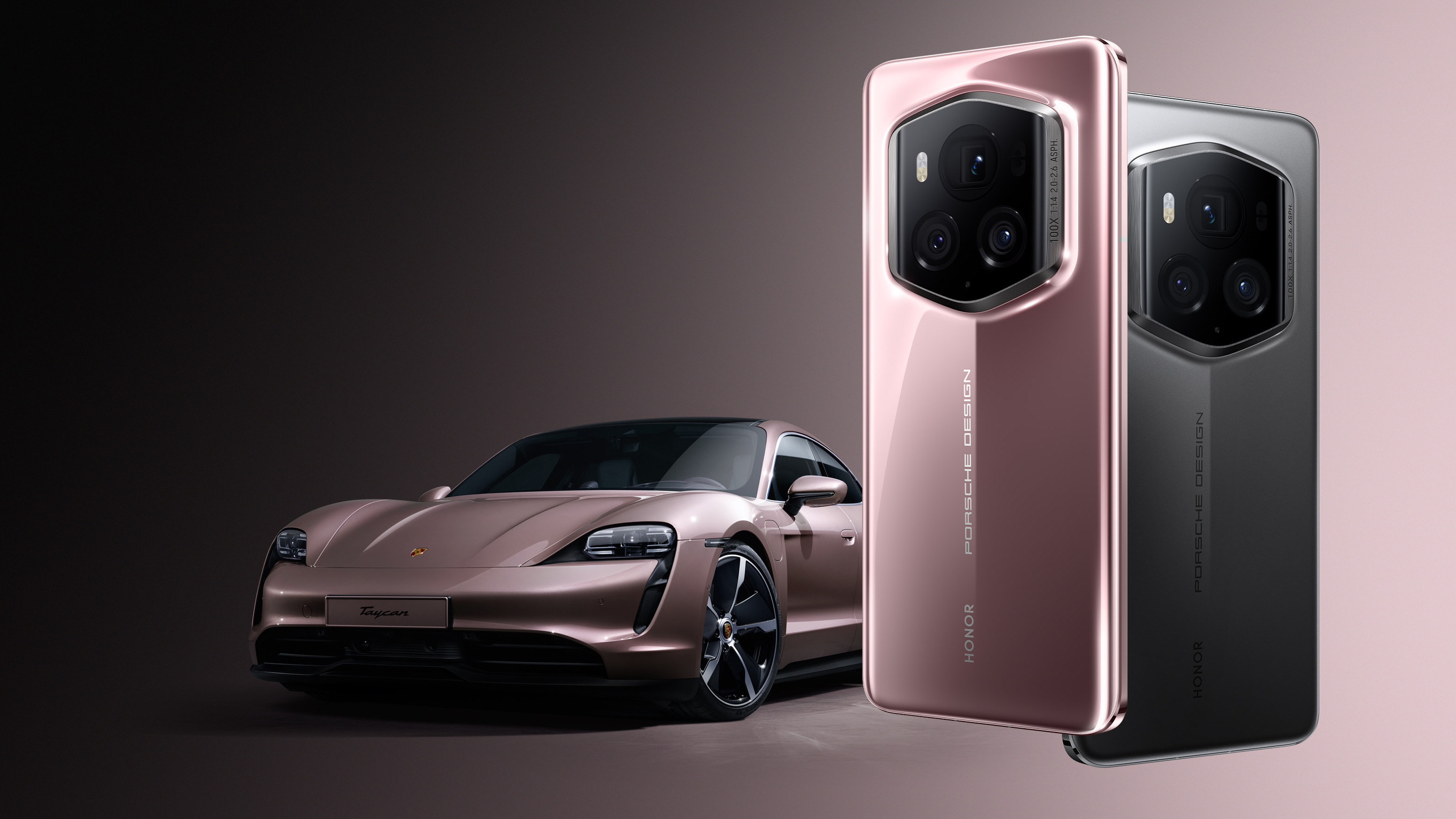
Porsche Design Honor Magic6 RSR alongside its inspiration
The phone is also available in Agate Grey (long associated with the 911), and elements like the hexagonal phone module are also directly derived from Porsche’s interior design. The dual-layer 6.8in OLED screen improves durability and brightness, with added dust and water resistance, and the lens cluster includes a 100x digital zoom alongside an ultra-wide lens, macro facility and 50 megapixel images.
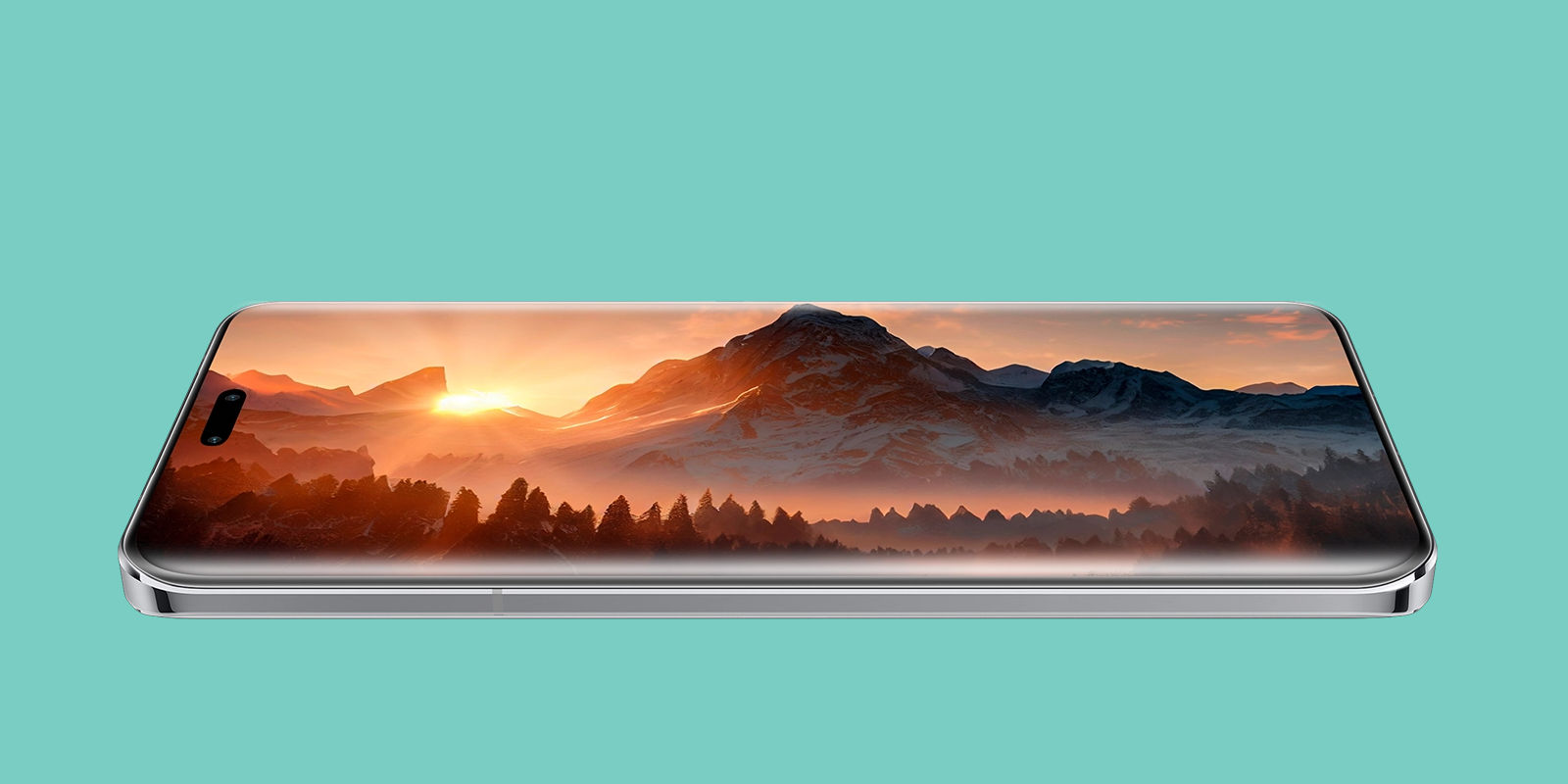
Porsche Design Honor Magic6 RSR
Porsche Design Honor Magic6 RSR, price tbc, Honor.com
2. Boox Palma
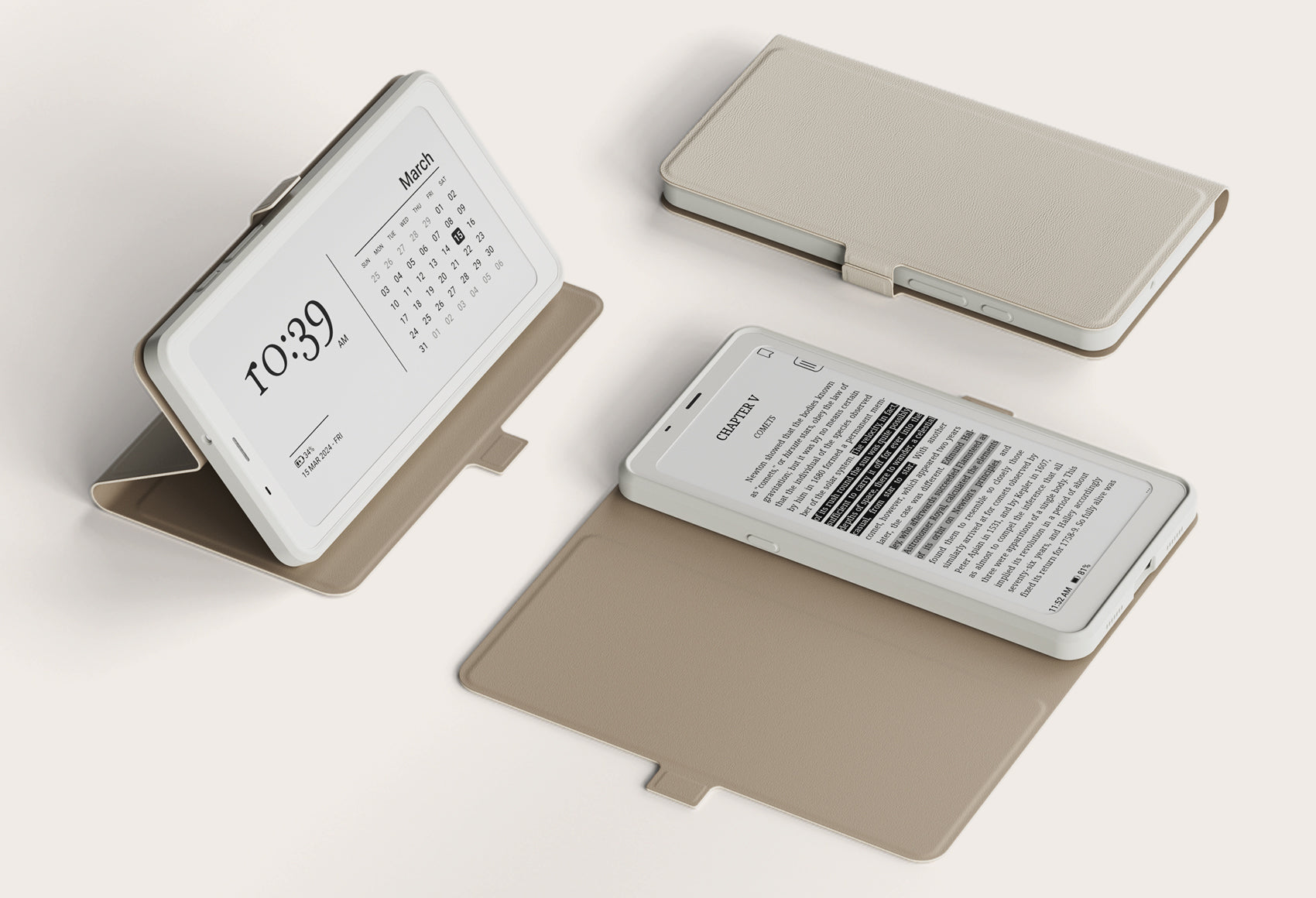
Boox Palma
Not strictly speaking a phone but taking the same form factor as well as a bunch of functionality, the Boox Palma uses an e-ink screen to provide a completely different information-gathering experience. Swapping sim functionality for a black and white, 824 x 1648-pixel screen, but retaining Android and therefore access to apps might seem like a massive trade-off.
In reality, the Boox Palma can do everything you need for day-to-day communication – texting, Slack, WhatsApp, etc – without the temptation to dip into dazzling 4K video and little hits of social media. For reading, researching and taking notes, it’s a welcome diversion from distraction.
Boox Palma, $279.99, Shop.Boox.com
Wallpaper* Newsletter
Receive our daily digest of inspiration, escapism and design stories from around the world direct to your inbox.
3. Sony Xperia 1 V
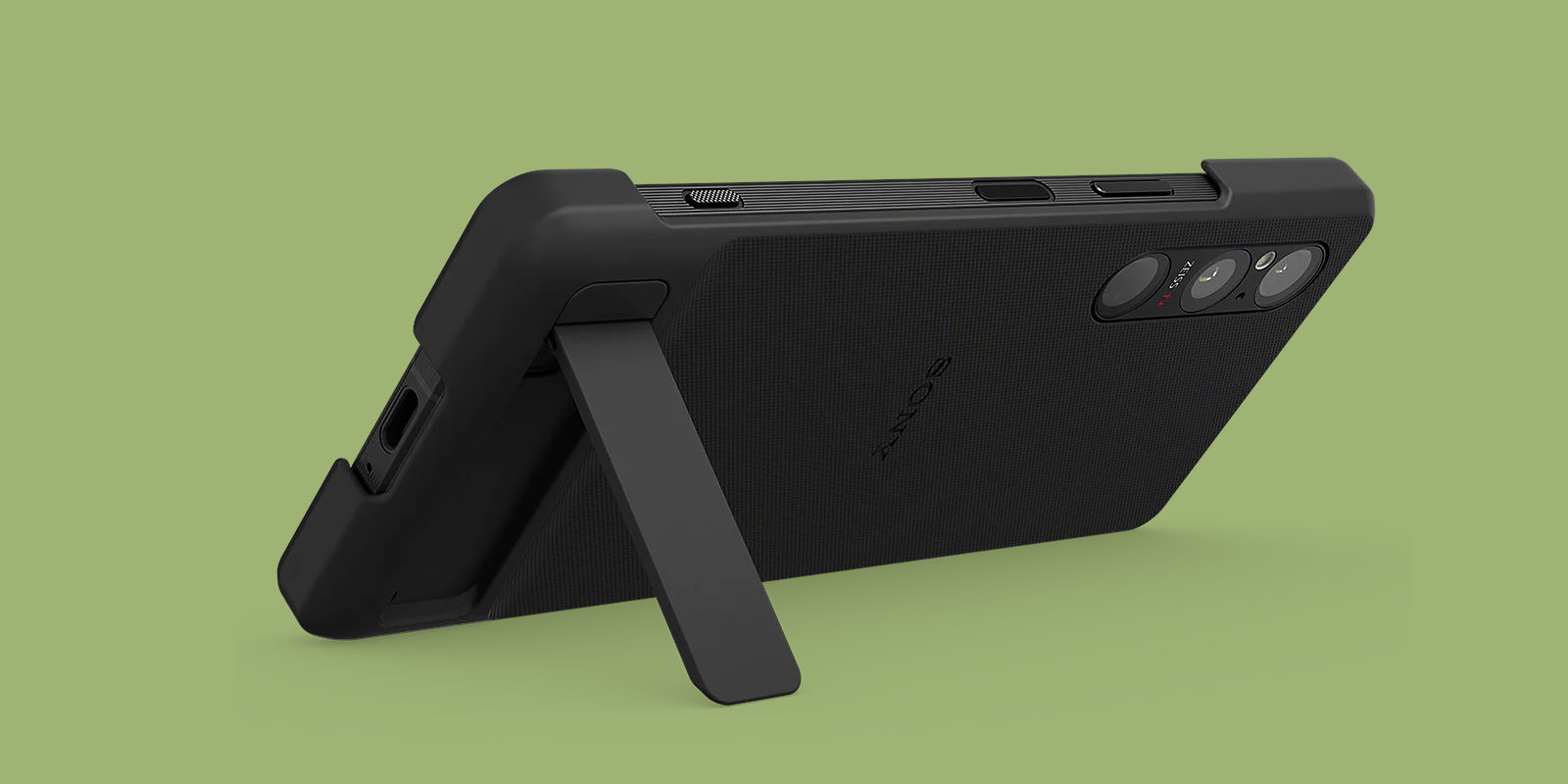
Sony Xperia 1 V
Sony’s latest device, the Xperia 1 V, places an emphasis on the camera, with a new sensor system that draws on developments in the company’s industry-standard range of Cinema Line cameras and range of Alpha cameras. The latter’s functionality is mirrored in the six preset settings (full manual control is also possible), advanced autofocus systems and burst modes, while film fans can bask in the ability to record 4K HDR at 120fps on every one of its Carl Zeiss lenses. From the textured body that evokes an old school SLR, the Xperia 1 V is a tool for content creators of every stripe.
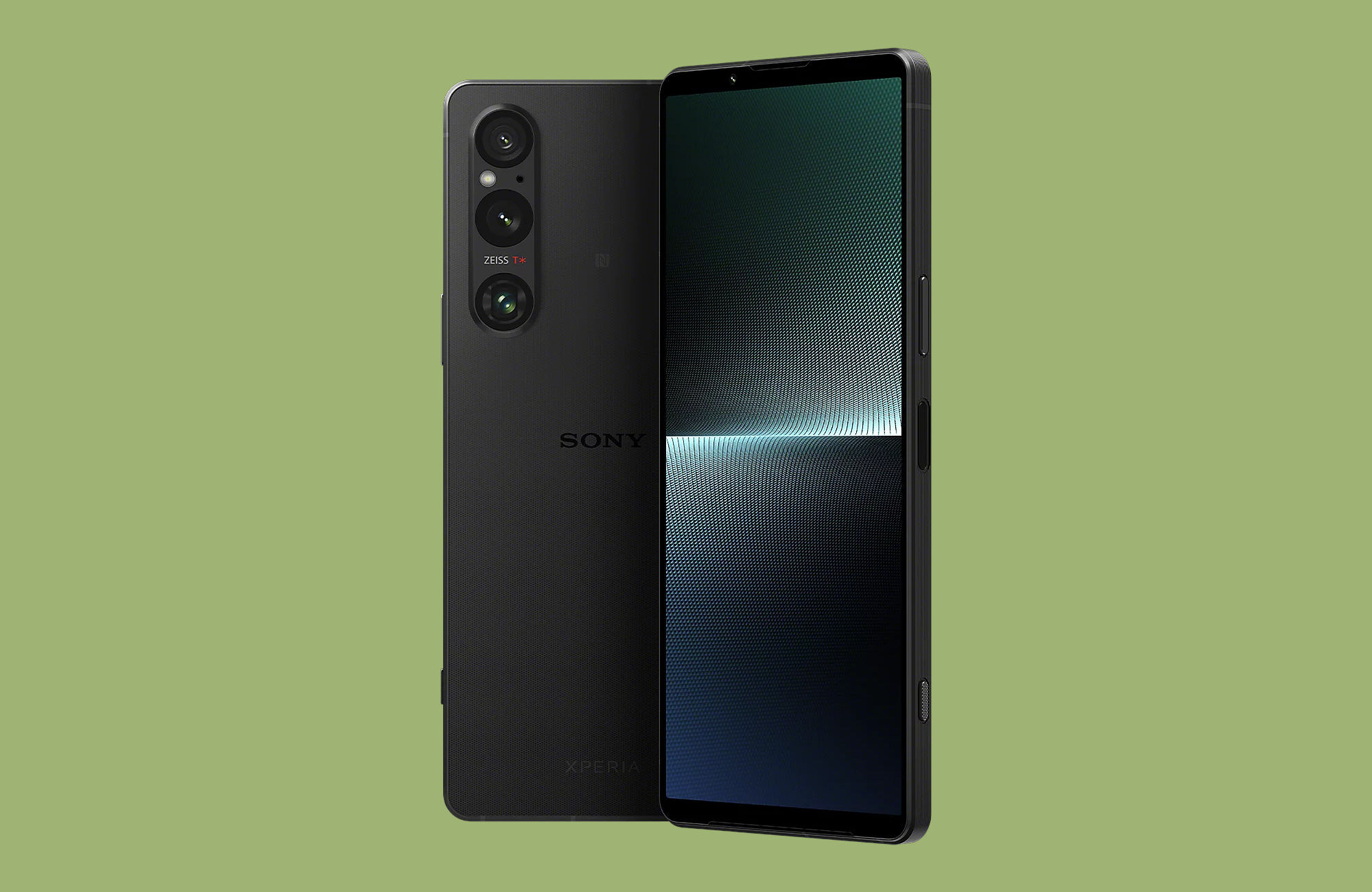
Sony Xperia 1 V
Sony Xperia 1 V, £1,299, Sony.co.uk, @Sony.UnitedKingdom
4. Boring Phone
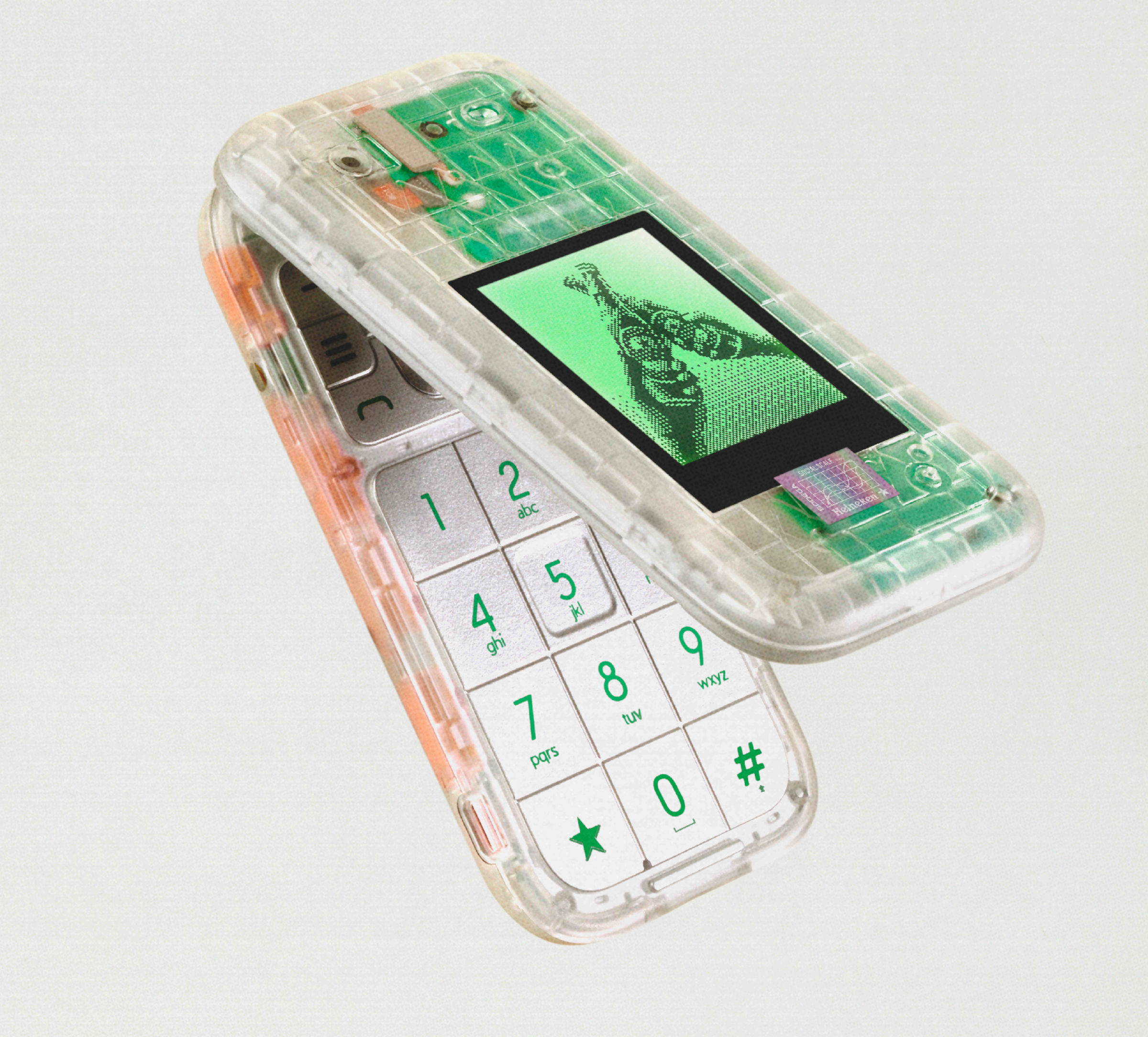
The Boring Phone by Heineken x Bodega
One of the most intriguing examples of contemporary ‘no-tech’ has come from a collaboration between a Dutch brewer and an American ‘conceptual retail space’. The ‘Boring Phone’ is a tie-in between Bodega and Heineken and European smart phone manufacturer Human Mobile Devices (maker of Nokia phones).
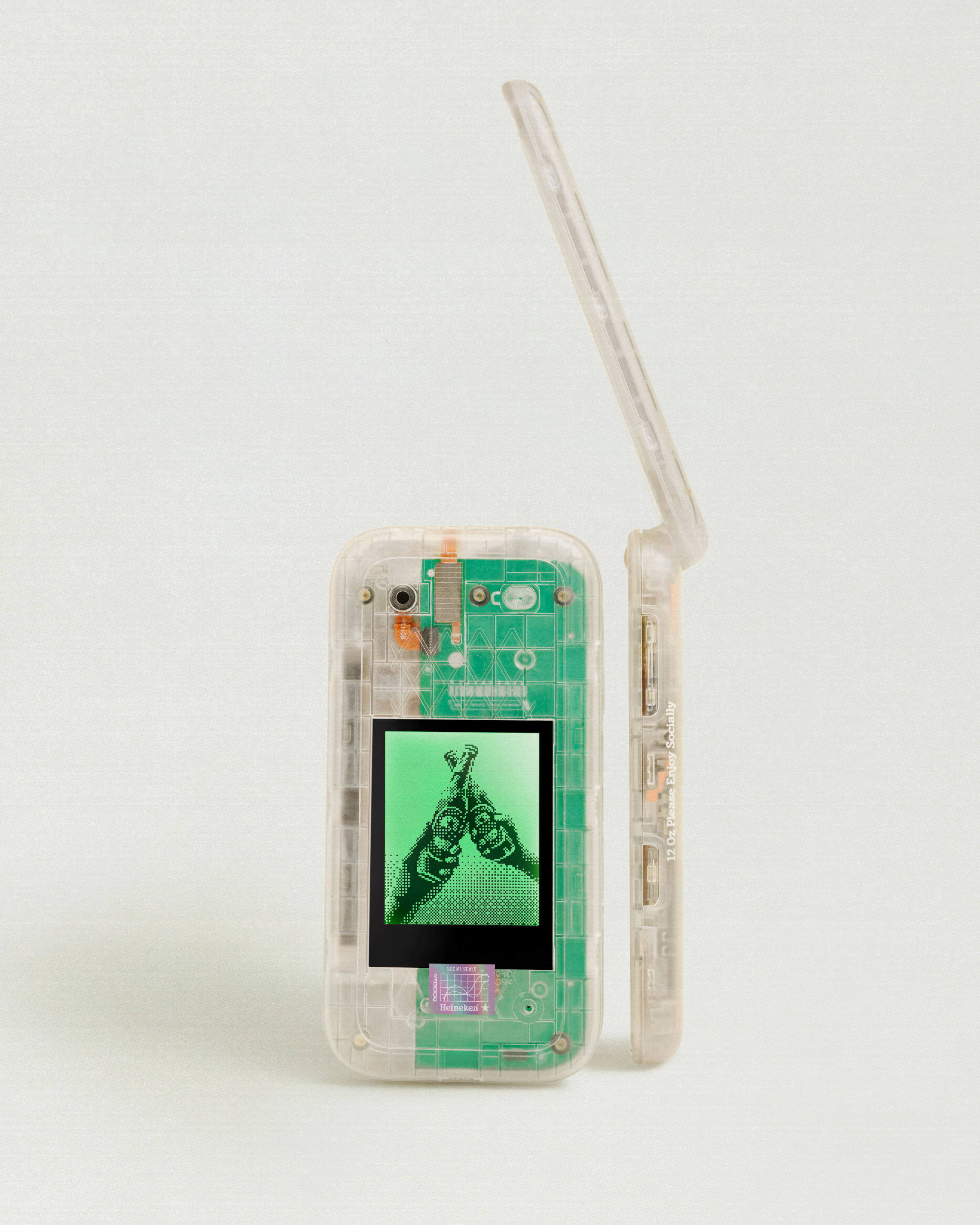
The Boring Phone by Heineken x Bodega
On the one hand, the Boring Phone is a slick piece of marketing, a clever way of drawing attention to the smartphone-fuelled desertification of pub chats and bar banter. On the other, it’s also an instant cult object – just 5,000 will be made – blending the current trend for transparent electronics with a transparently simple operating system that strips out any opportunity for surreptitious scrolling when your concentration should be elsewhere.
The upside to these downsides is an old-school battery life (a whole week of standby time), and a design that hits all the right noughties cues, from the clear plastic case to the holographic stickers and the freshly fashionable flip phone format. There’s even a 0.3 megapixel camera and inbuilt FM radio for true throwback fans.
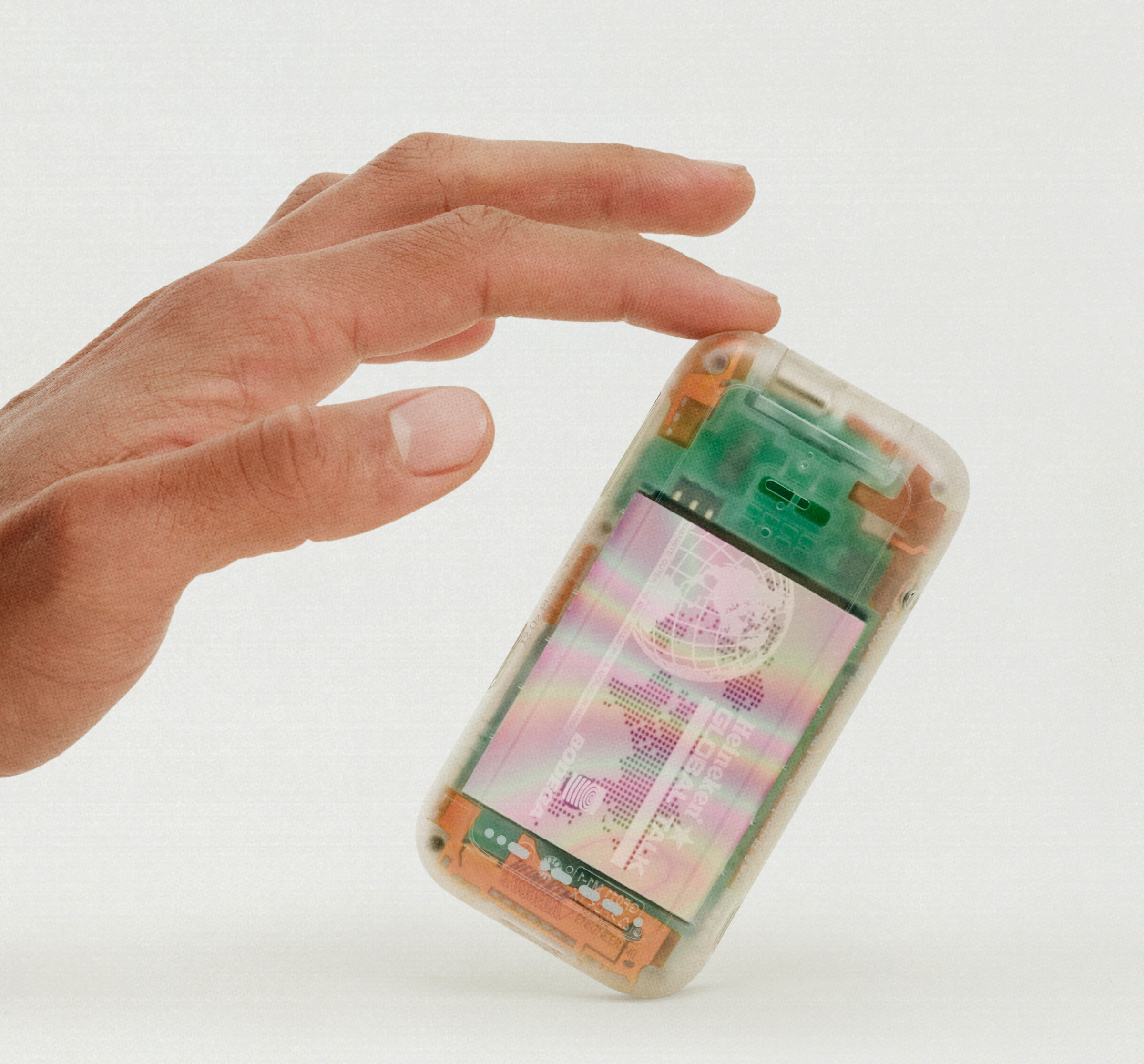
The Boring Phone by Heineken x Bodega
The Boring Phone arose out of a spot of market research that revealed nine in ten people confess to keeping one eye on their feeds even when they’re out with friends and family. Perhaps mindful of the negative impact this might have on bar tabs, Heineken, Bodega and HMD conjured up the ‘boring’ handset, ‘dialling down the tech to help people truly connect over a beer,’ according Heineken’s Global Head, Nabil Nasser. If you aren’t one of the 5,000 able to get your hands on the device, Heineken will soon be releasing a dedicated app to turn down the IQ of your smartphone.
For more information visit Heineken, Heineken.com, @Heineken
Bodega Store, BDGAstore.com, @Bodega
HMD, HMD.com, @HMDdevices
5. Hisense A9 Pro e-ink smartphone
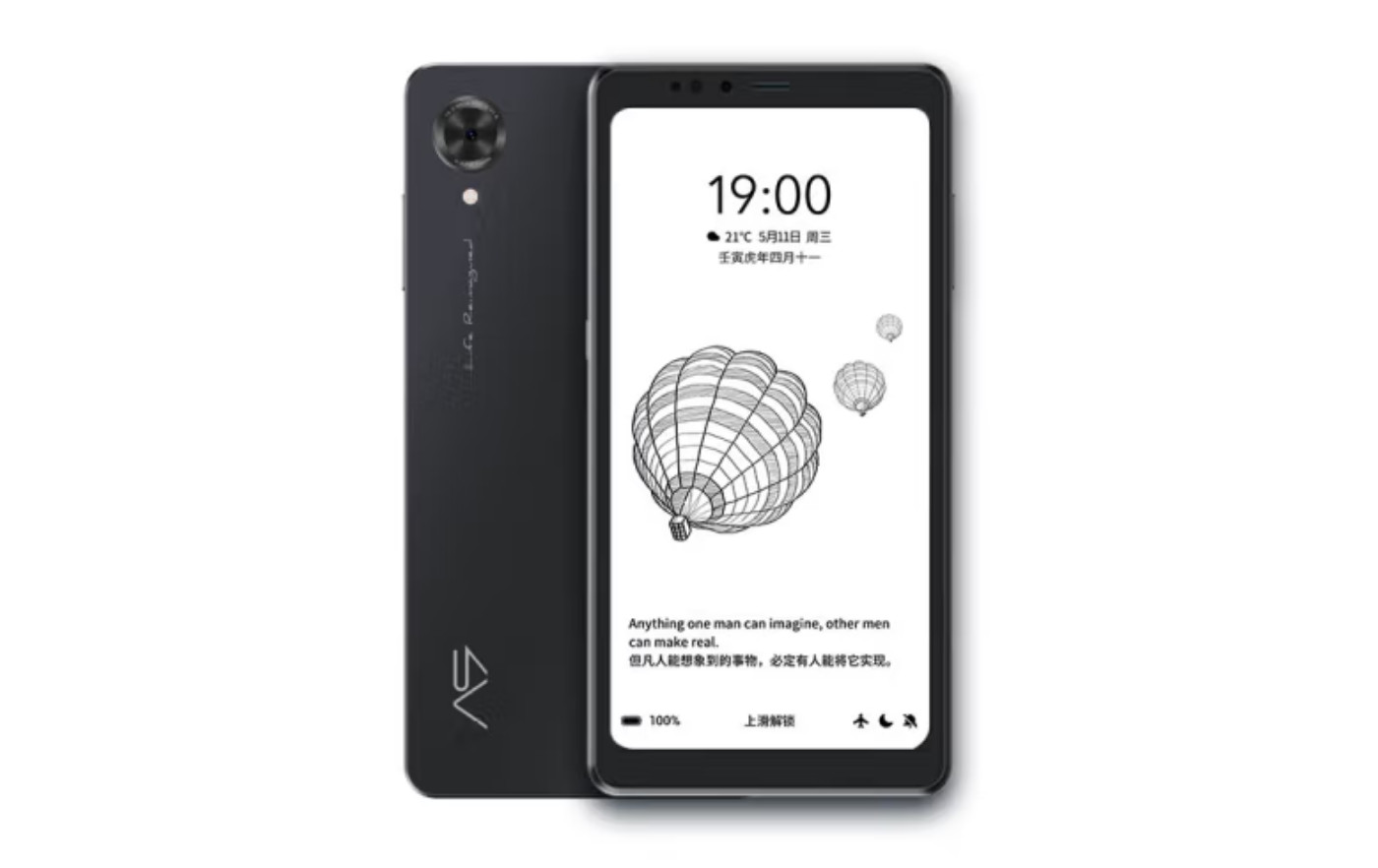
Hisense A9 Pro e-ink smartphone
Something of a gamble, the Hisense A9 Pro is perhaps best left to those happy with hacking around inside Android’s endlessly customisable innards. As its name suggests, the A9 Pro is a conventional smartphone equipped with an e-ink screen. It has all the accoutrements you’d expect, including WiFi, Sim slot, Bluetooth, Micro SD, front and rear cameras, headphone socket and a fingerprint sensor, along with 8GB RAM and 256GB of internal storage.
The display is also front lit, enabling it to be used in the dark, and there’s even an onboard speaker for listening to audio books. Expect to have to make some changes to make it run smoothly on non-Chinese networks, however.
Hisense A9 Pro, $500, Hisenseeink.com
6. Minimal Phone
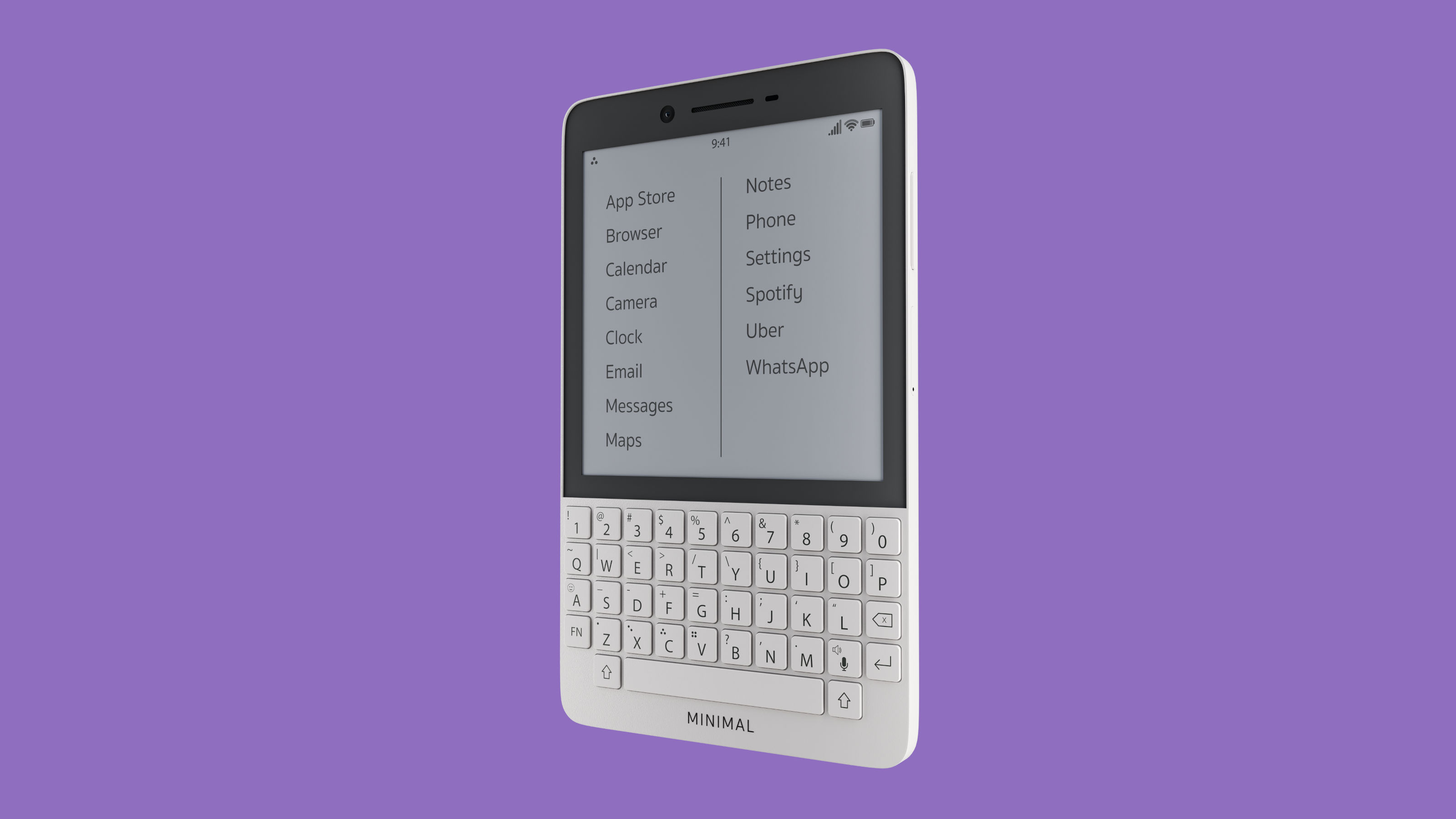
The Minimal Phone
Another niche product with potential but no guarantees is the Minimal Company’s Minimal Phone, currently being developed via crowd-funding platform Indiegogo. It takes a similar approach to the Hisense model, only with a far smaller footprint and the addition of a full Qwerty keyboard.
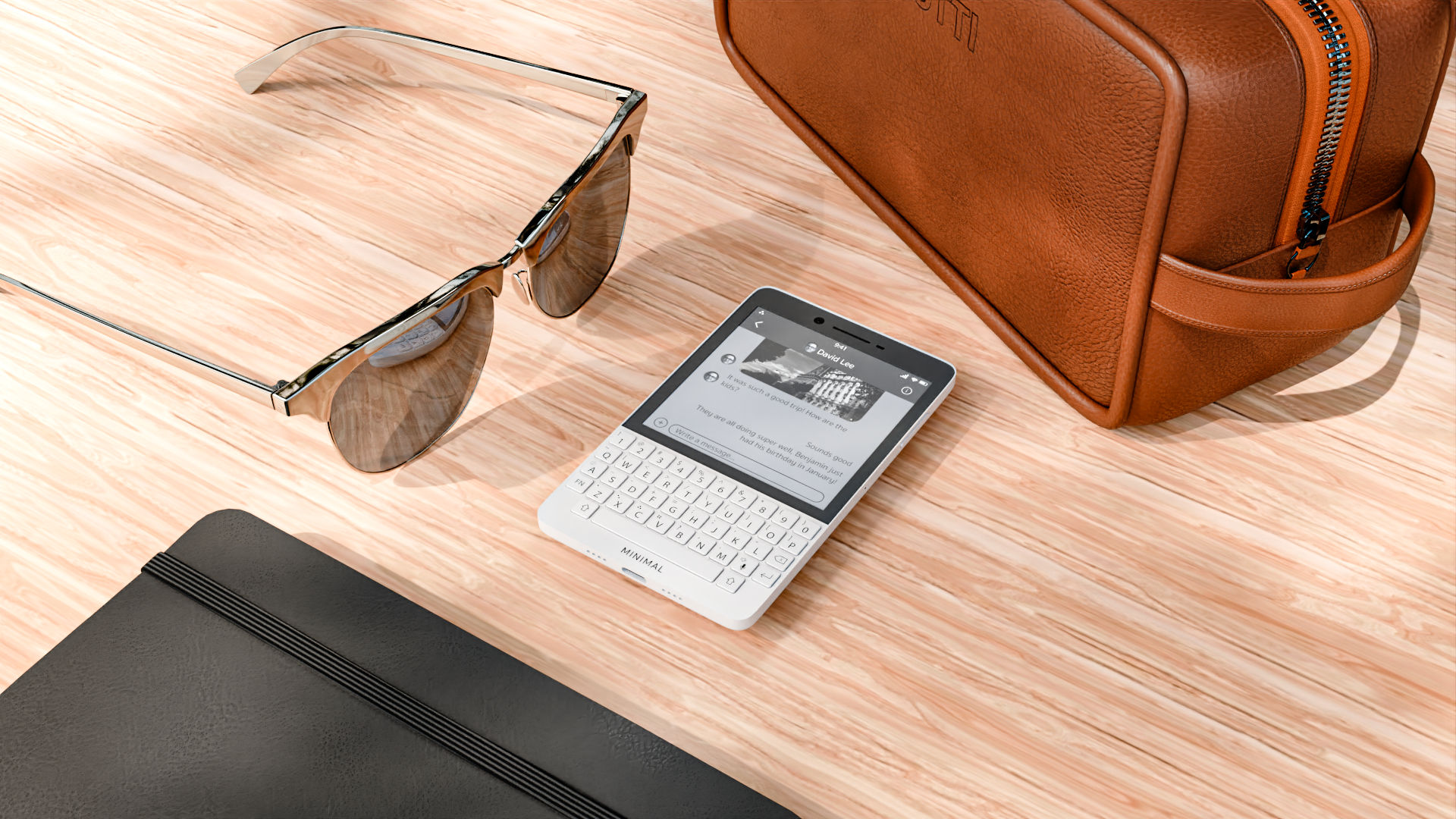
The Minimal Phone
Whether enough former Blackberry fans can be persuaded to support the initiative remains to be seen, but the mix compact form factor and full Android functionality make this one to watch.
Minimal Phone, more information via Indiegogo.com
Minimal Company, MinimalCompany.com, @Try.Minimal
7. Xiaomi 14 Ultra
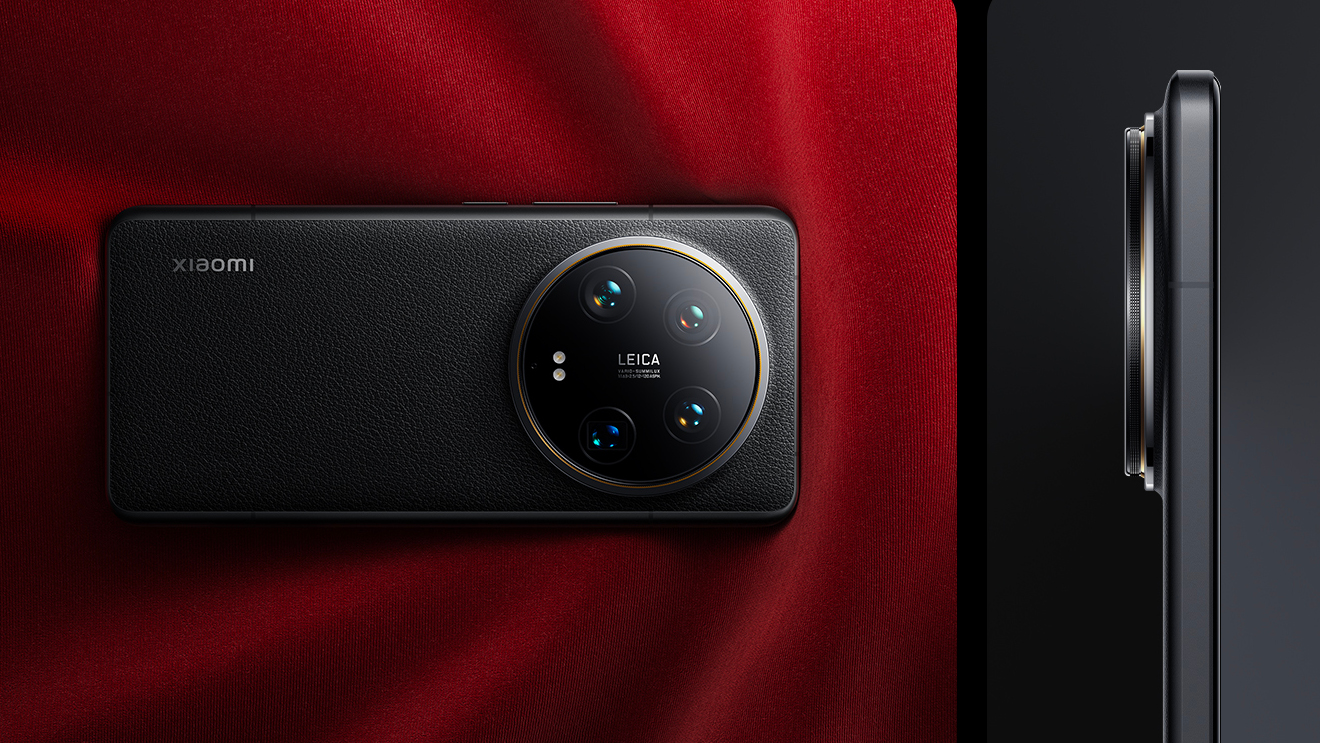
Xiaomi 14 Ultra
You’ll be on much firmer ground with Xiaomi’s latest smartphone, the 14 Ultra. Featuring the fruits of an ongoing partnership with Leica, the 14 Ultra features a four lens camera system, offering a total of six different focal lengths. Like the Sony Xperia, the 14 Ultra marks a departure from the glossy, slippery-bodied smartphone aesthetic towards a more textured and grippy vegan leather surface design that references traditional camera bodies.
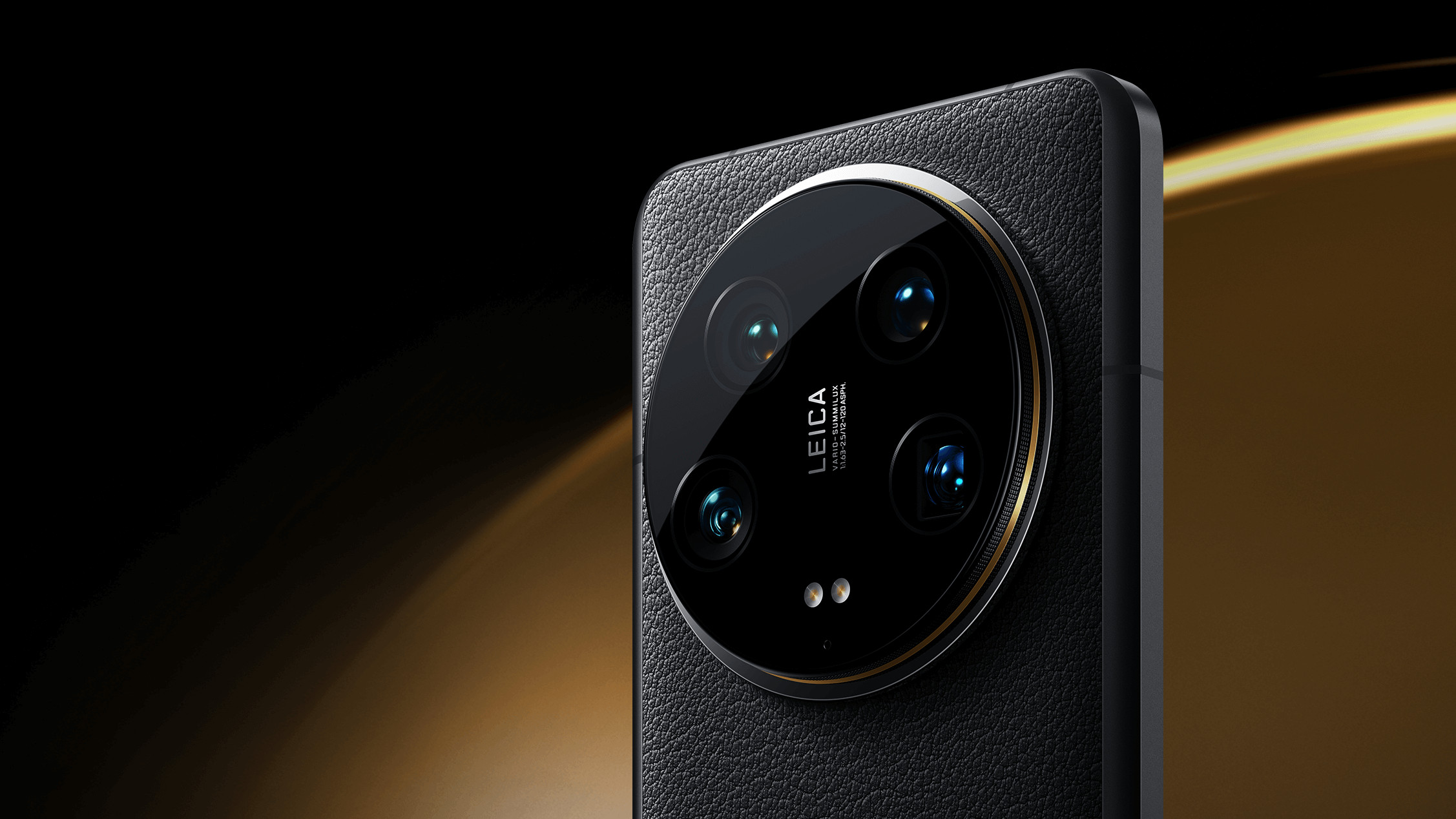
Xiaomi 14 Ultra
With its circular lens cluster the 14 Ultra certainly looks the part, and the quality glass can capture subjects in lower light than ever before, as well as produce a natural depth of field effect. The device can also access plenty of onboard image processing as well as output RAW files for those who prefer to work in digital darkrooms.
Xiaomi 14 Ultra, available in white or black, £1,299, Mi.com
Jonathan Bell has written for Wallpaper* magazine since 1999, covering everything from architecture and transport design to books, tech and graphic design. He is now the magazine’s Transport and Technology Editor. Jonathan has written and edited 15 books, including Concept Car Design, 21st Century House, and The New Modern House. He is also the host of Wallpaper’s first podcast.
-
 Put these emerging artists on your radar
Put these emerging artists on your radarThis crop of six new talents is poised to shake up the art world. Get to know them now
By Tianna Williams
-
 Dining at Pyrá feels like a Mediterranean kiss on both cheeks
Dining at Pyrá feels like a Mediterranean kiss on both cheeksDesigned by House of Dré, this Lonsdale Road addition dishes up an enticing fusion of Greek and Spanish cooking
By Sofia de la Cruz
-
 Creased, crumpled: S/S 2025 menswear is about clothes that have ‘lived a life’
Creased, crumpled: S/S 2025 menswear is about clothes that have ‘lived a life’The S/S 2025 menswear collections see designers embrace the creased and the crumpled, conjuring a mood of laidback languor that ran through the season – captured here by photographer Steve Harnacke and stylist Nicola Neri for Wallpaper*
By Jack Moss
-
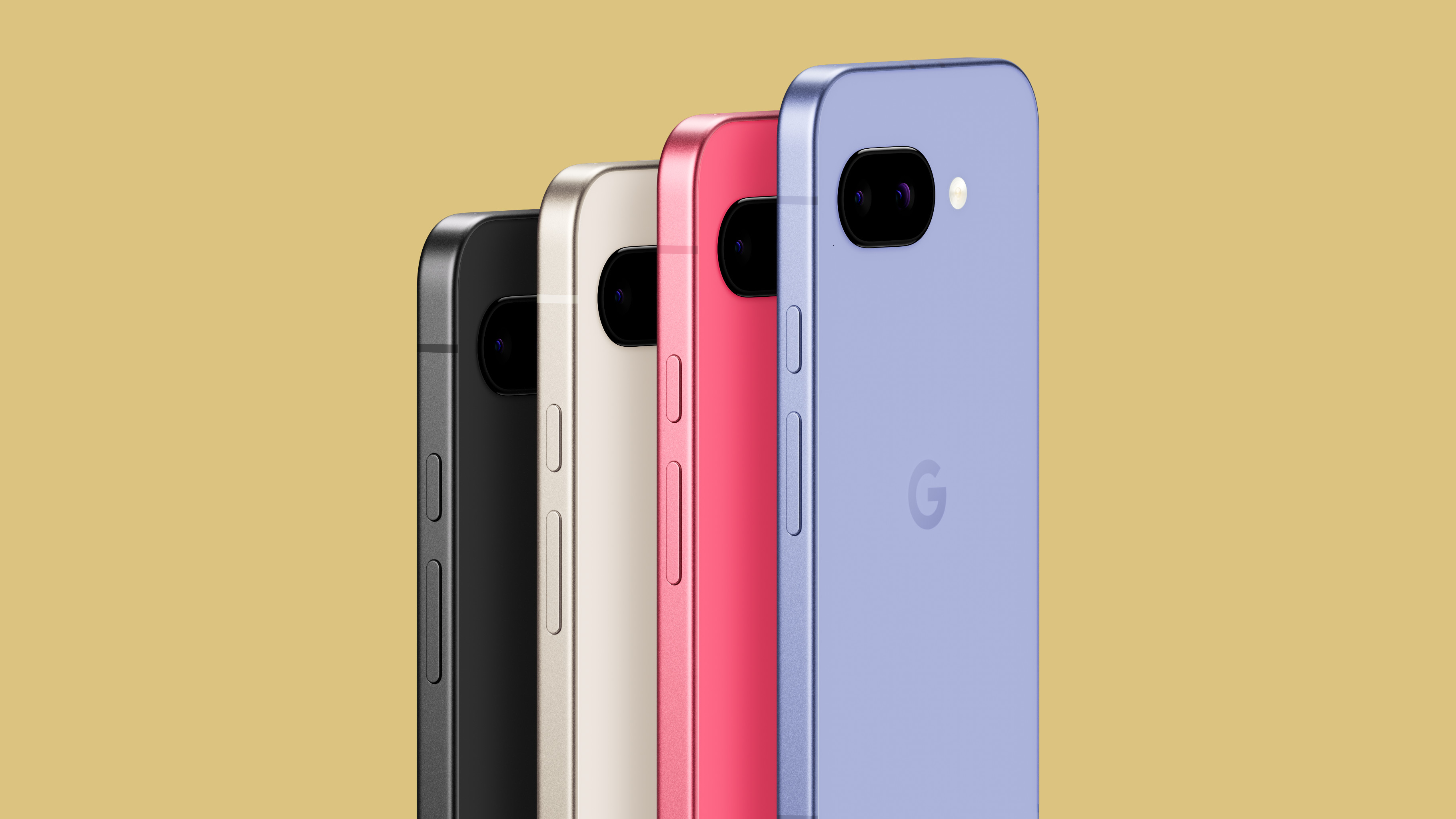 The new Google Pixel 9a is a competent companion on the pathway to the world of AI
The new Google Pixel 9a is a competent companion on the pathway to the world of AIGoogle’s reputation for effective and efficient hardware is bolstered by the introduction of the new Pixel 9a, a mid-tier smartphone designed to endure
By Jonathan Bell
-
 Could putting pen to reMarkable’s Paper Pro tablet make you more creative and less stressed?
Could putting pen to reMarkable’s Paper Pro tablet make you more creative and less stressed?Design Museum director Tim Marlow extols the power of ‘scribbling’, and is backed up by new research from reMarkable on the benefits of its paper tablet
By Simon Mills
-
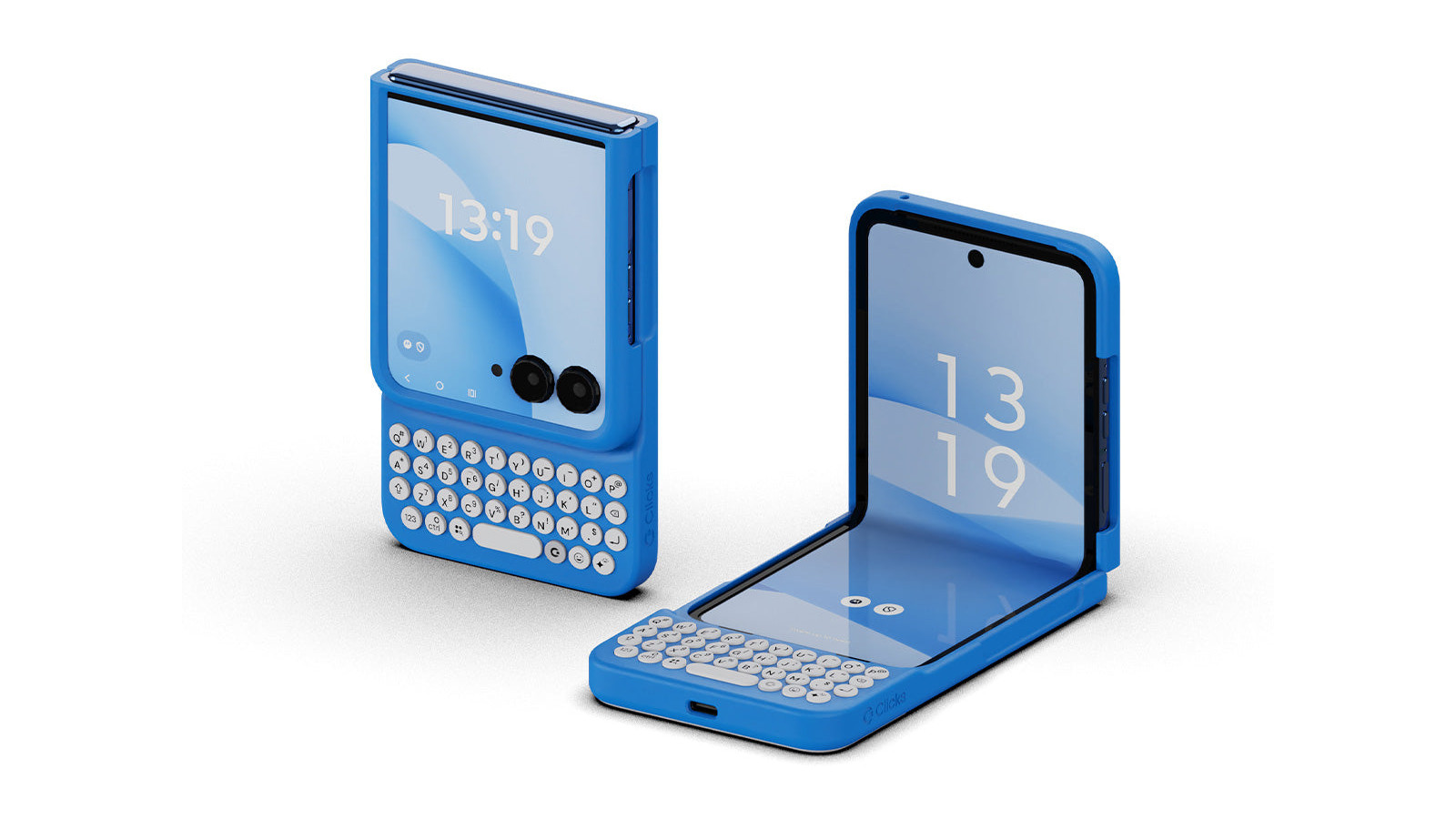 Clicks creates keyboard cases for iPhones – now they're also available for three Android flagships
Clicks creates keyboard cases for iPhones – now they're also available for three Android flagshipsSmartphones get a new lease of life with Clicks, which brings a Blackberry-style keyboard to today’s cutting-edge Apple and Android devices
By Jonathan Bell
-
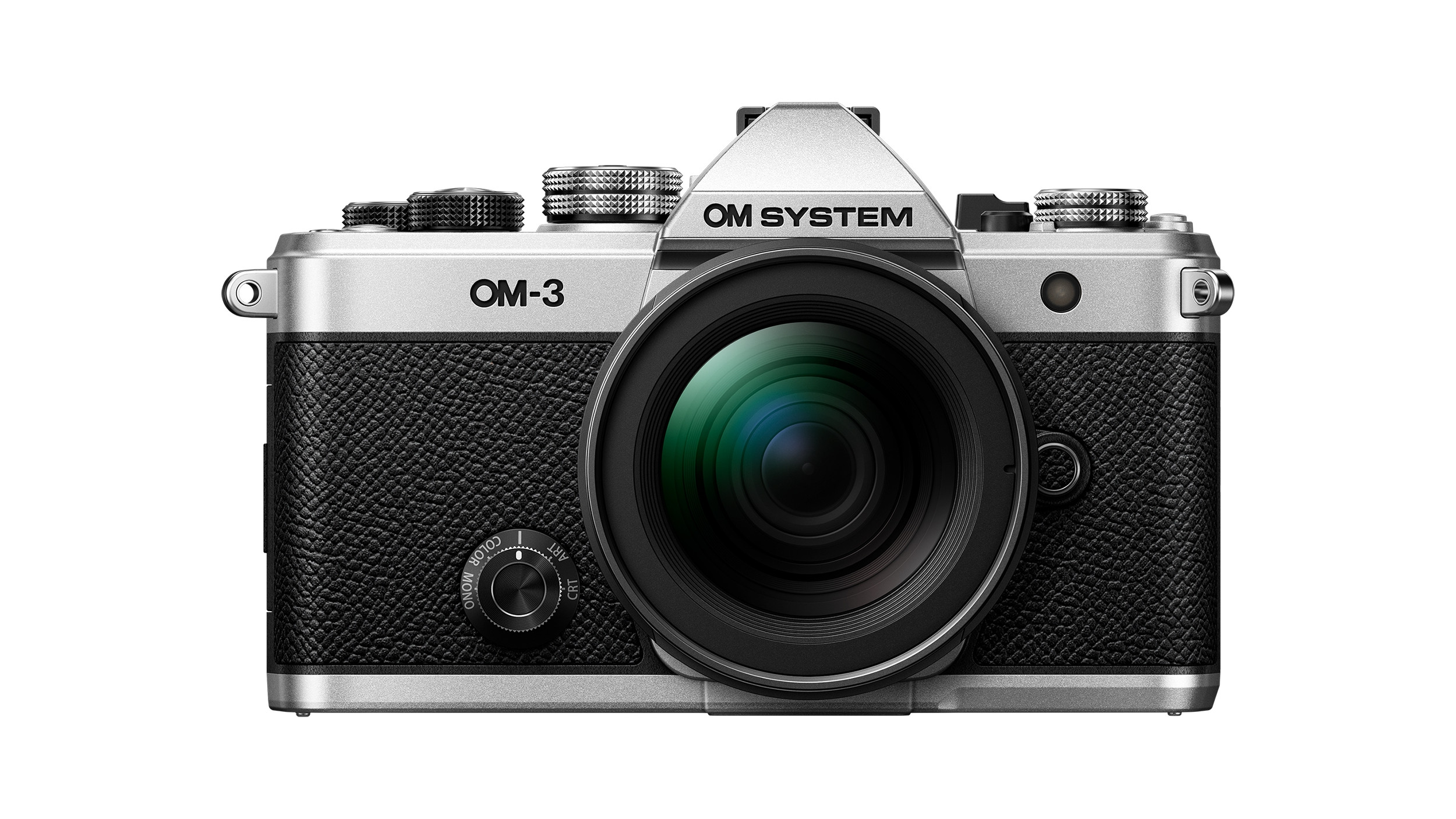 The OM System OM-3 camera blends heritage design with cutting-edge technology
The OM System OM-3 camera blends heritage design with cutting-edge technologyThe OM-3 from OM System is the newest must-have mirrorless camera design, classically styled and comprehensively equipped to create the ultimate contemporary digital camera
By Jonathan Bell
-
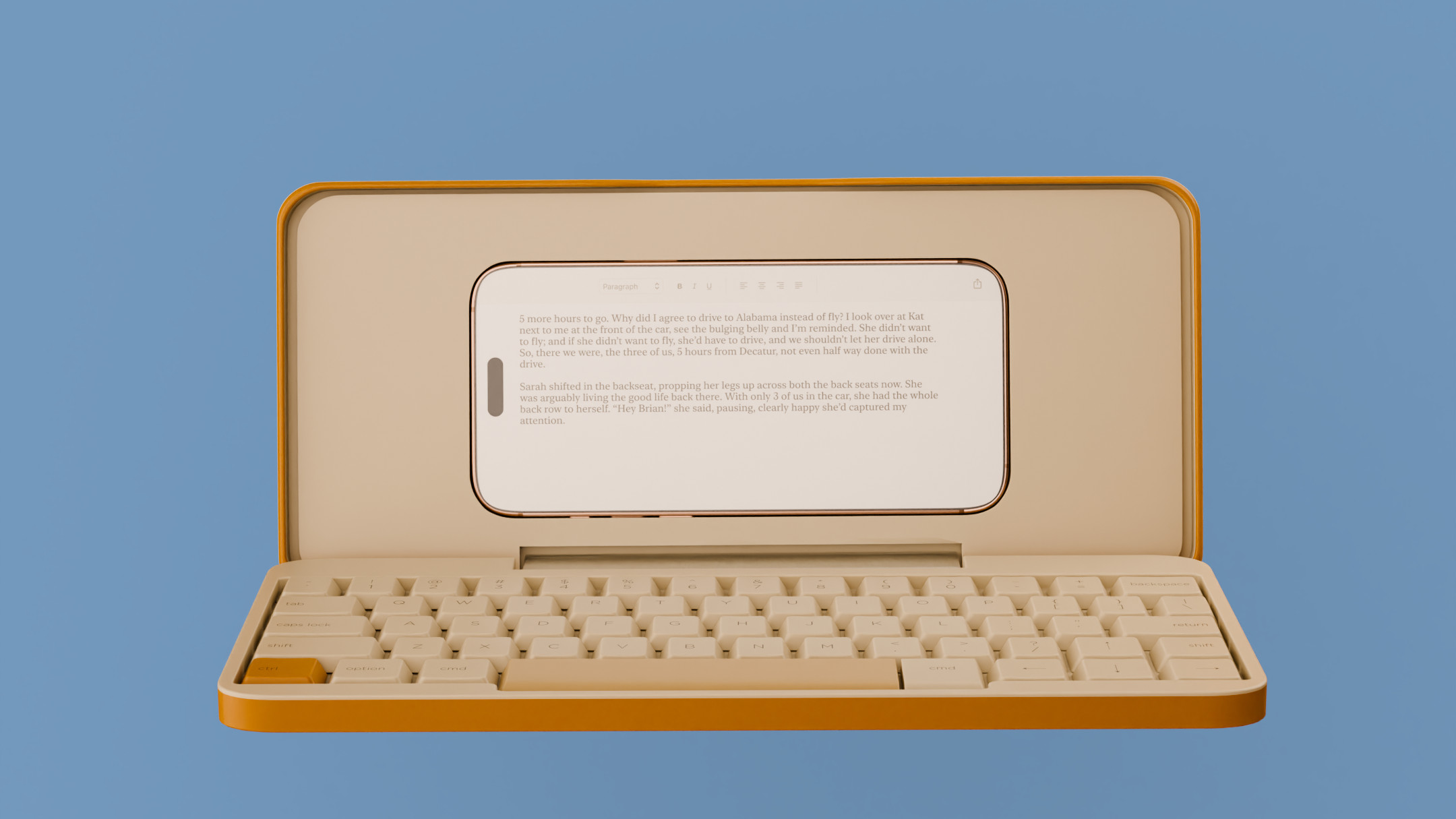 Type without the tyranny of distractions: eight new ways to get the words out
Type without the tyranny of distractions: eight new ways to get the words outLooking for a way to divert you from doom-scrolling? This selection of eight distraction-free typing devices will keep you offline and away from the socials to help you meet that deadline
By Jonathan Bell
-
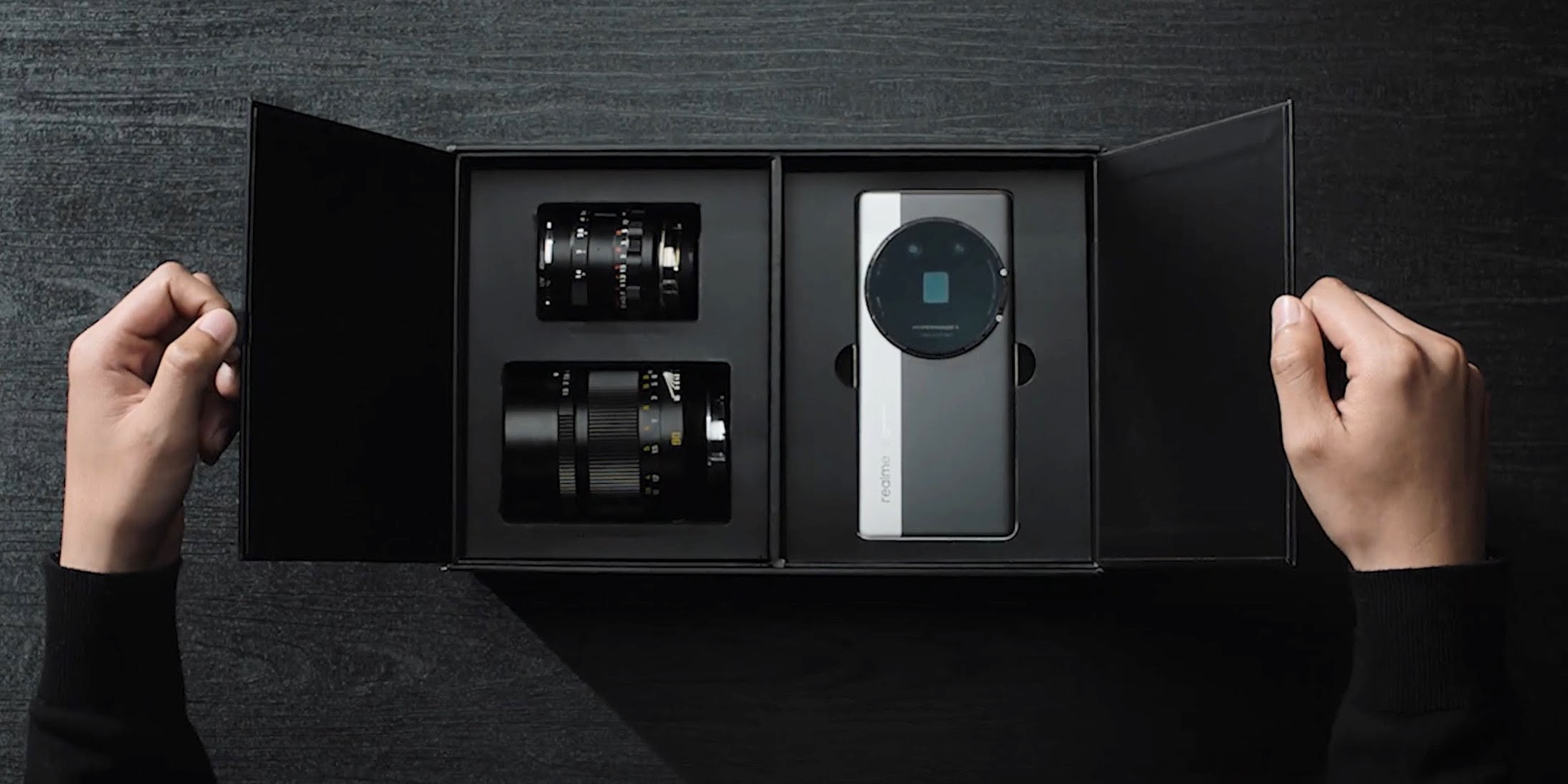 MWC 2025: 6 of the best conceptual phone designs and future facing tech
MWC 2025: 6 of the best conceptual phone designs and future facing techBarcelona’s Mobile World Congress has become the phone industry’s major hotspot for launches and new technology. Here are six of the best conceptual designs from this year's event
By Jonathan Bell
-
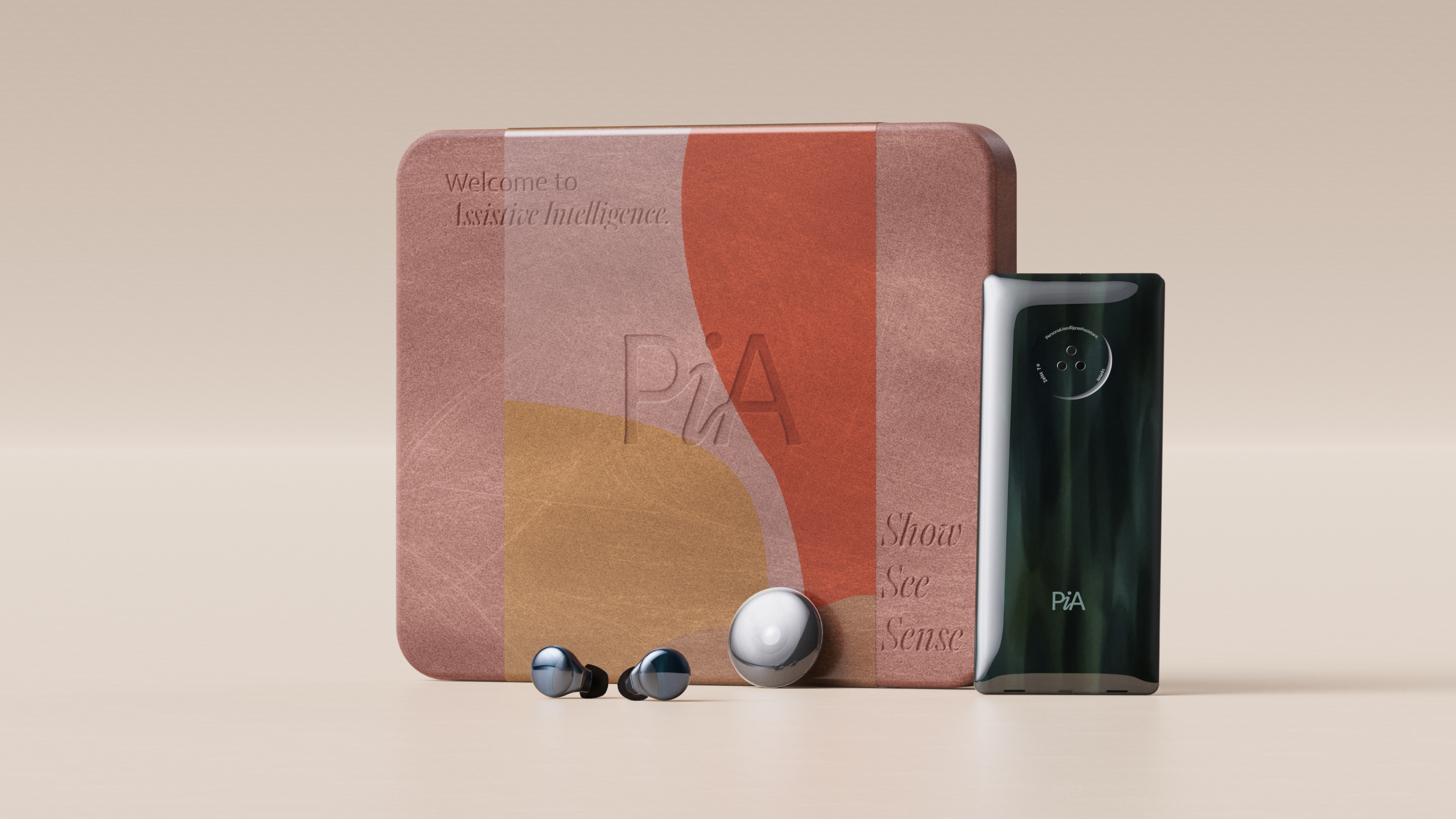 Layer conceptualises a next-gen AI-powered device: introducing the PiA
Layer conceptualises a next-gen AI-powered device: introducing the PiAPiA, the Personal Intelligent Assistant, is a conceptual vision of how AI might evolve to dovetail with familiar devices and form factors
By Jonathan Bell
-
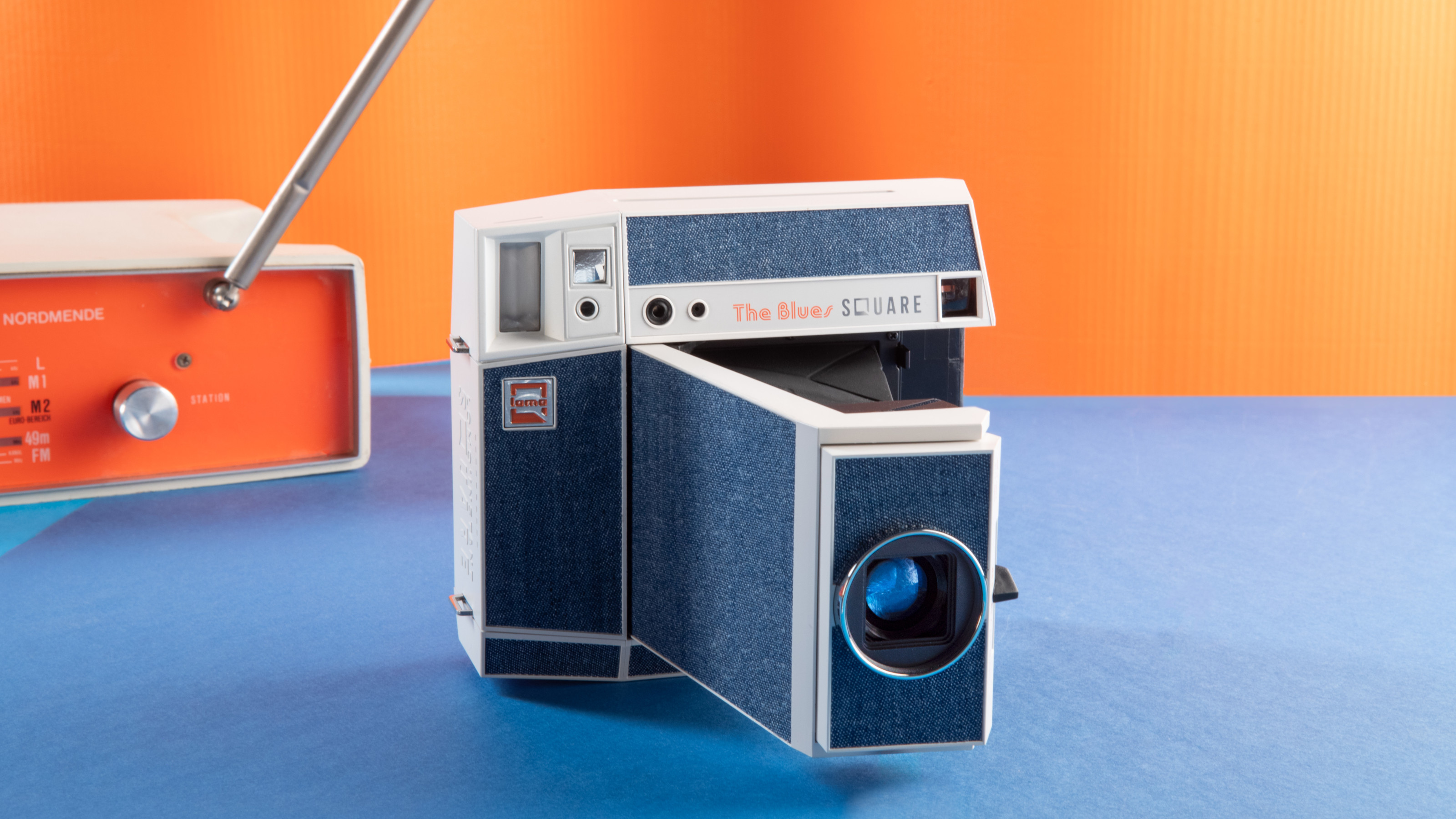 Point, shoot and process with Lomography’s two new colourful Instax camera editions
Point, shoot and process with Lomography’s two new colourful Instax camera editionsWith the Pemberley and The Blues editions, the Lomo’Instant Square Glass camera provides stylish and pocketable analogue photography
By Jonathan Bell